Where Ubisoft executives have generally toed a vague line regarding still-burning controversies and “polarized comments” over the protagonists of Assassin’s Creed Shadows, series executive producer Marc-Alexis Côté minced no words dismissing “attacks driven by intolerance” and the idea that the studio or this particular game are “driven by modern agendas.”
Côté discussed the history of the Assassin’s Creed franchise and the importance of Assassin’s Creed Shadows during a BAFTA talk which was freely available to watch online today, November 1, and will be posted to YouTube in the near future. On Shadows specifically, to put it succinctly, Côté has seen this controversy and isn’t having any of it.
“Staying true to history means embracing the richness of human perspectives without compromise,” he says near the end of his presentation. “For example, in Assassin’s Creed Shadows, we highlight figures both fictional, like Naoe, a Japanese woman warrior, and historical, like Yasuke, the African-born samurai. While the inclusion of a Black samurai in feudal Japan has sparked questions and even controversy, Naoe, as a fictional character, has also faced scrutiny for her gender.
“But just as Yasuke’s presence in Japanese history is fact, so too are the stories of women who defied societal expectations and took up arms in times of conflict. So while both Naoe and Yasuke’s stories are works of historical fiction, they reflect the collision of different worlds, cultures, and roles, and their inclusion is precisely the kind of narrative that Assassin’s Creed seeks to tell – one that reflects the complexity and interconnectedness of our shared history.”
Throughout his talk, Côté repeatedly stresses how Assassin’s Creed leverages history, and because “history is inherently diverse,” so too are the games. “So to be clear, our commitment to inclusivity is grounded in historical authenticity and respect for diverse perspectives, not driven by modern agendas,” he adds.
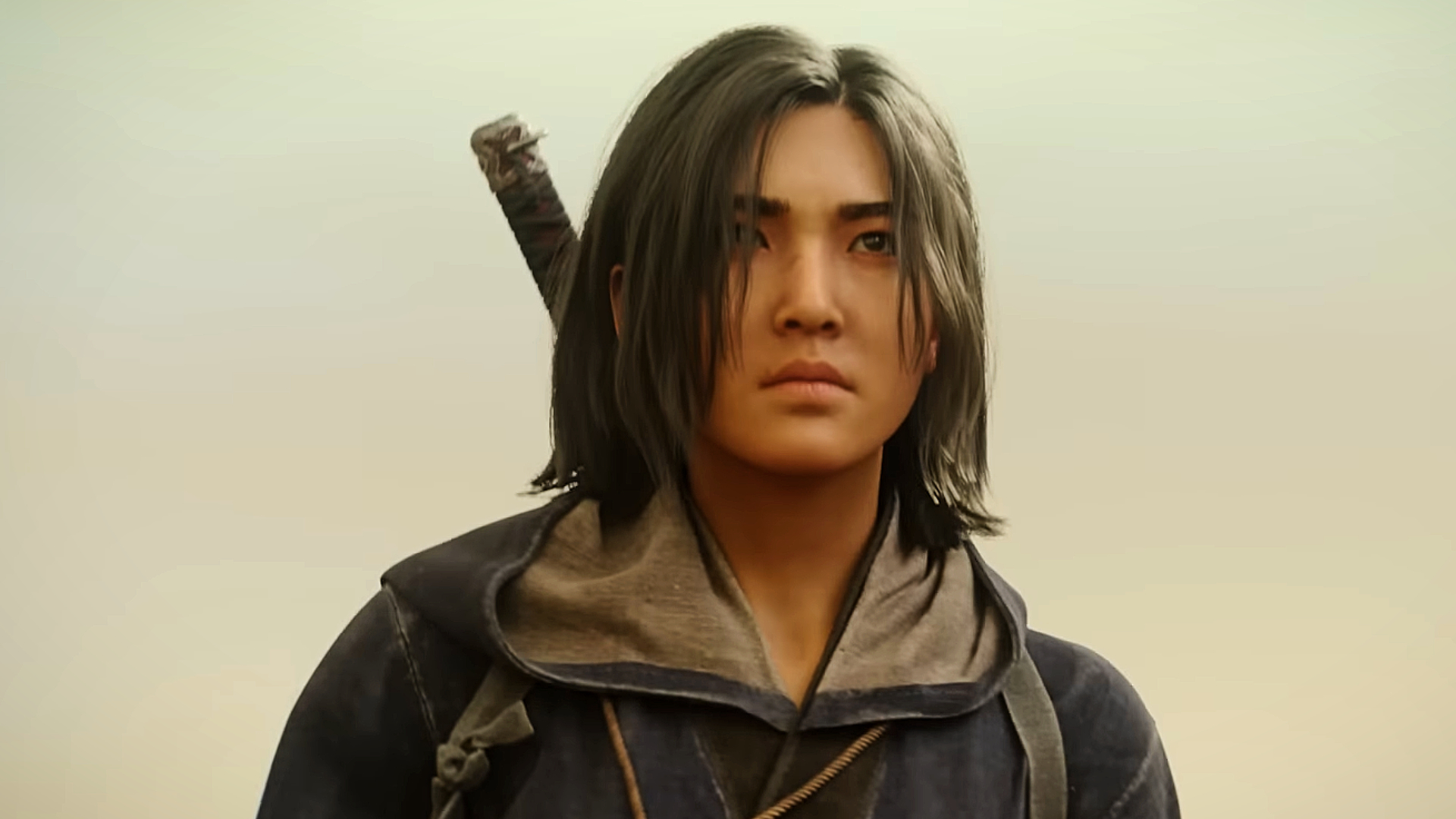
The executive producer looks beyond this particular pocket of Assassin’s Creed Shadows discourse and unto art as a whole, affirming that “legitimate criticism” remains valuable but must be distinguished from “attacks driven by intolerance.”
“The current climate is tough on our creative teams,” he says. “They face lies, half-truths, and personal attacks online. When the work they’ve poured their hearts into is twisted into a symbol of division, it’s not just disheartening, it can be devastating. What keeps me going is the resilience born out of conviction that I see in our teams every day. I am especially proud of the Shadows team for staying true to their creative vision and the core tenets of Assassin’s Creed.”
His closing argument only doubles down. “When we allow fear to stifle our voices, when we self-censor in the face of threats, we hand over our power piece by piece until freedom and creativity both wither away,” Côté says. “We cannot let that happen. It’s time for us as creators to stand firm on our commitment to our values by telling stories that inspire, that challenge, and that help people connect. Our silence cannot become complicity.”
In his conclusion, Côté reckons that “the answer to hate is to continue creating experiences that celebrate the richness of our world and capture the magic of our collective imagination” because “in the end, creativity is stronger than fear.”
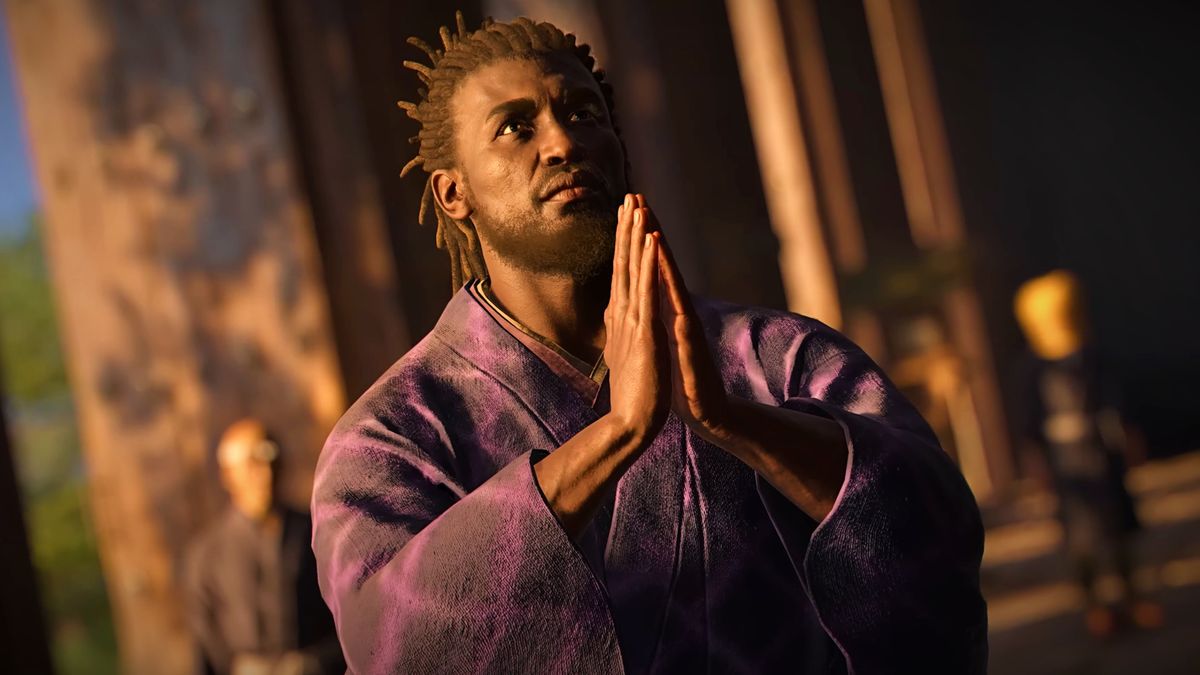
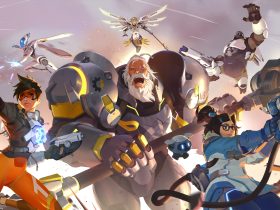

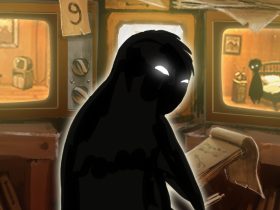

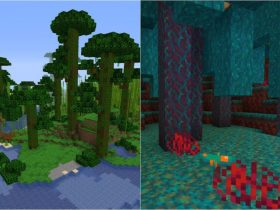

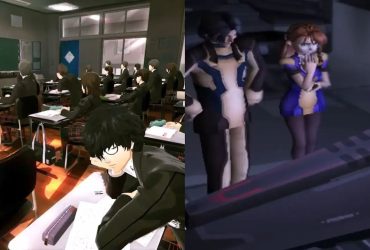

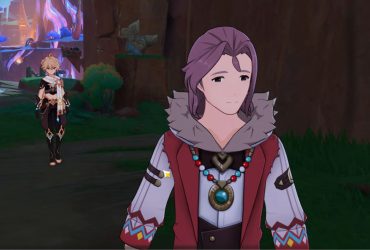


Leave a Reply